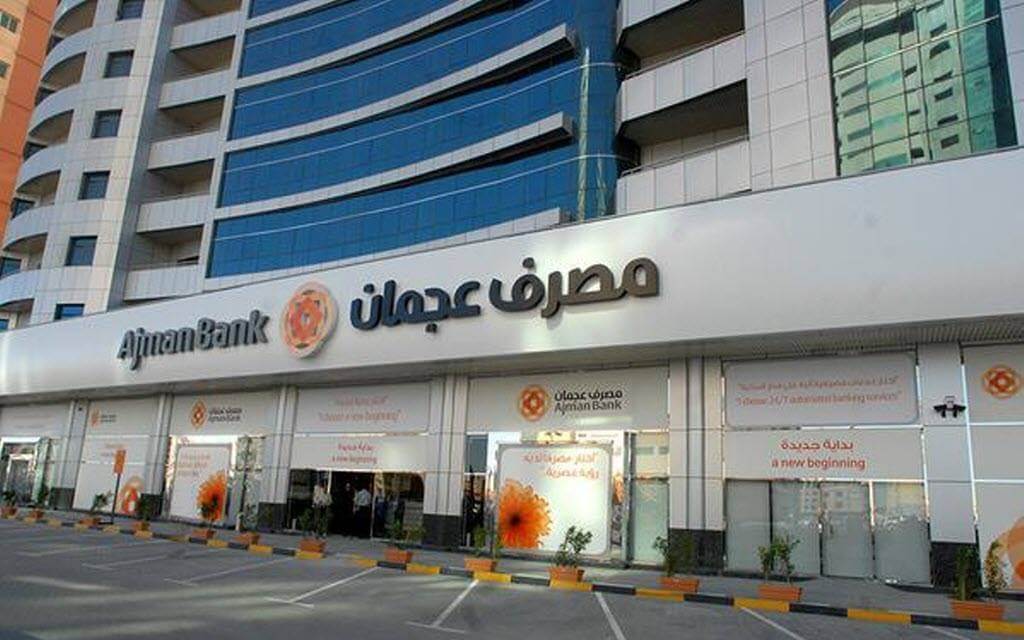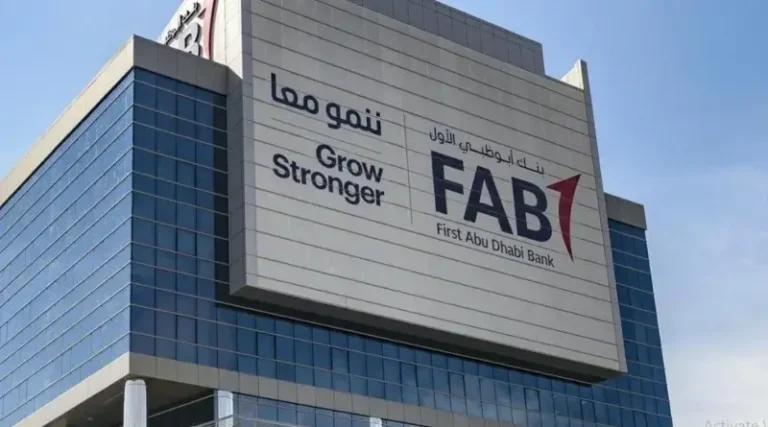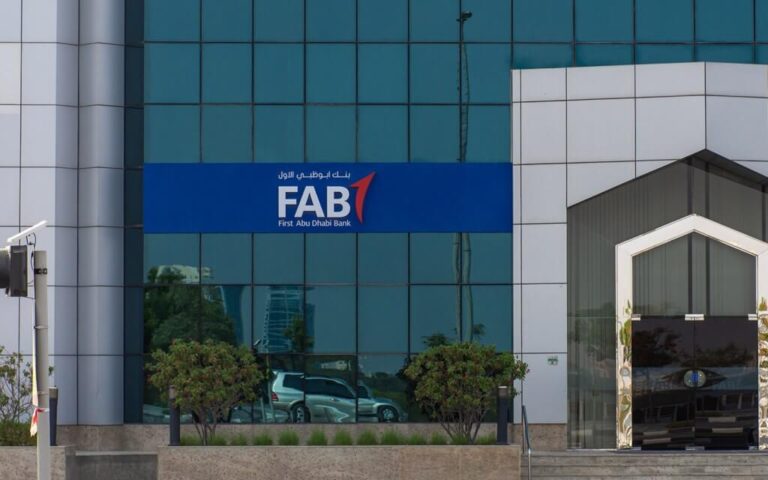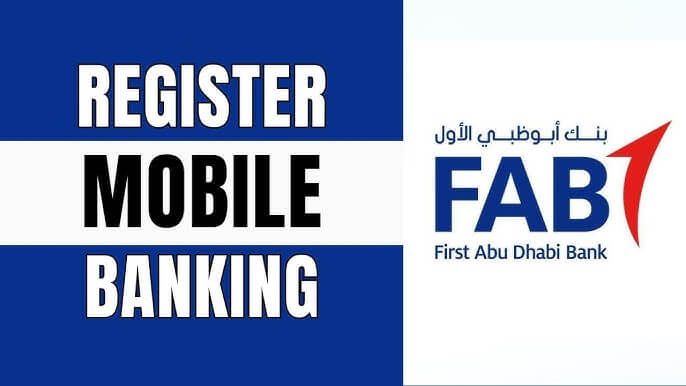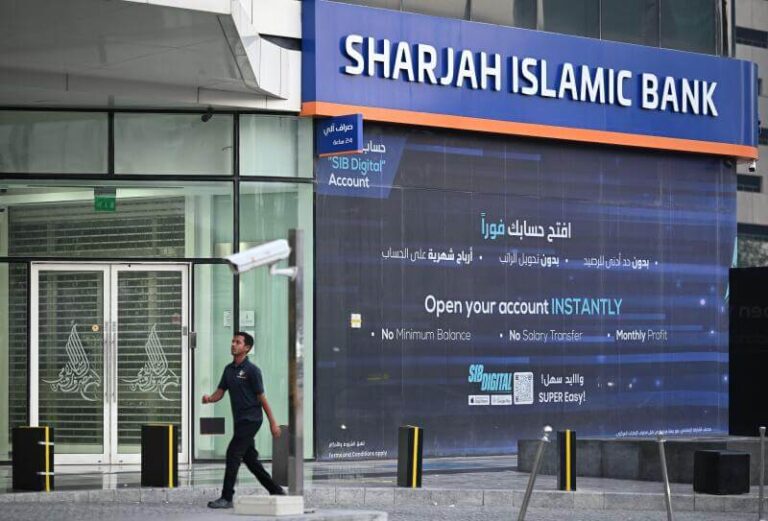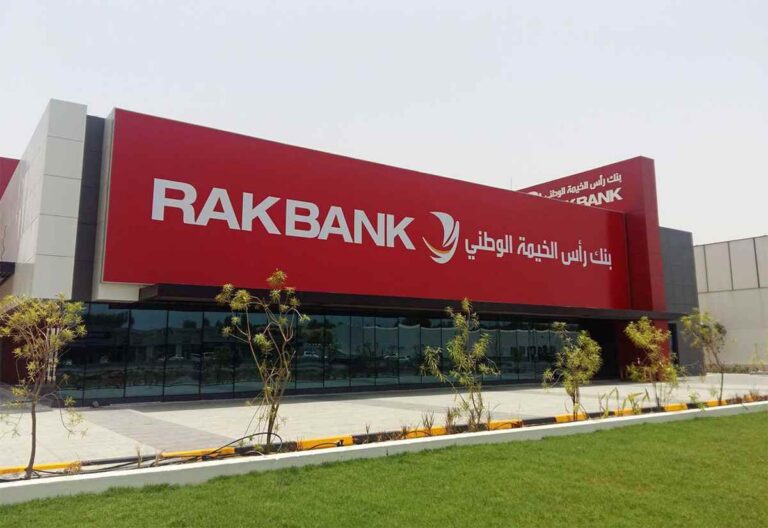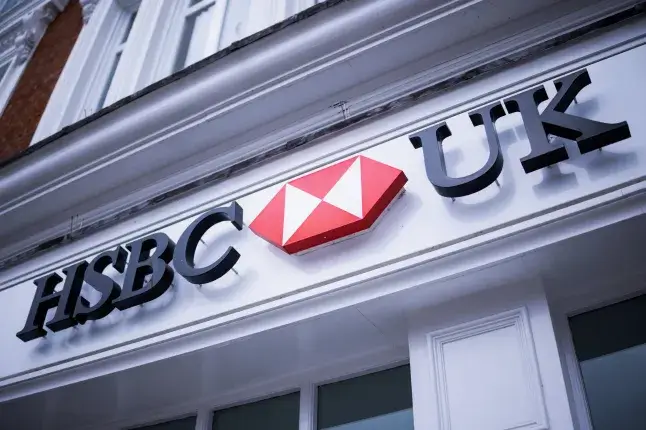Ajman Bank, UAE: Navigating the Future of Ethical Islamic Banking in the UAE
Ajman Bank PJSC is not just another financial institution in the UAE — it is a symbol of the evolving landscape of ethical, Sharia-compliant banking in the Emirates. At a time when sustainability, inclusivity, and innovation are shaping the financial services sector, Ajman Bank stands out as a forward-looking Islamic bank with deep Emirati roots, offering personalized banking solutions that blend tradition with modernity.
What Is Ajman Bank?
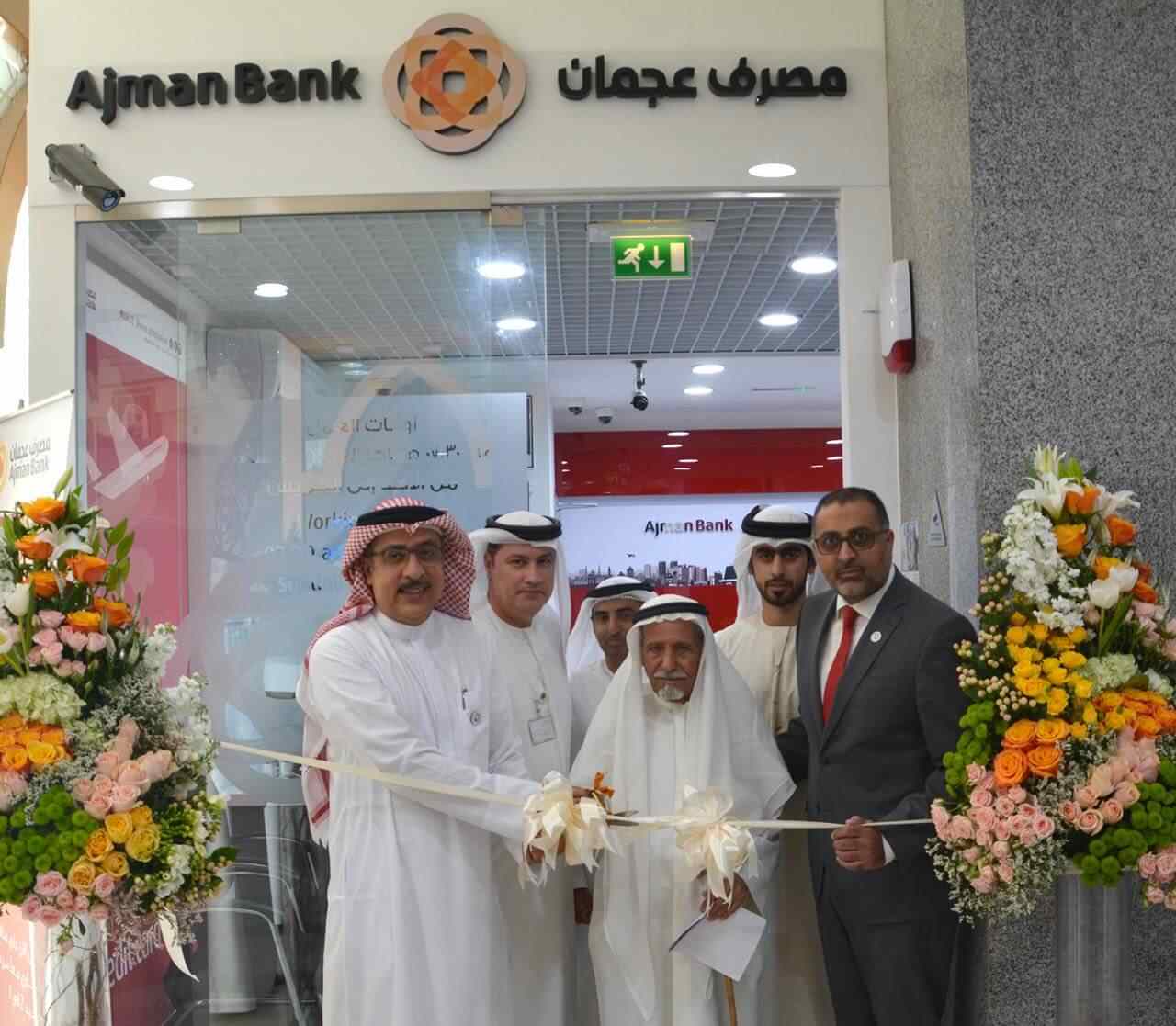
Established in 2007 and headquartered in Ajman, Ajman Bank PJSC is a publicly listed Islamic financial institution operating under the principles of Sharia law. The bank serves a diverse clientele across the UAE, offering a wide range of banking, financing, and investment products through Islamic instruments such as Murabaha, Mudaraba, Ijarah, Musharaka, Wakala, and Sukuk.
Unlike conventional banks, Ajman Bank is governed by an Internal Sharia Supervisory Committee (ISSC) and maintains full compliance with Islamic ethical finance regulations. It’s a popular choice for customers seeking interest-free banking and socially responsible investments.
Core Business Segments
Ajman Bank’s operations are divided into three core verticals, each tailored to serve a specific sector of the economy:
1. Consumer Banking
Catering to individuals and households, this segment offers:
- Personal financing solutions
- Savings and current accounts
- Home and auto finance
- Sharia-compliant credit and debit cards
- Digital banking: Mobile app, e-statements, and wallet services
2. Wholesale Banking
This segment handles:
- Corporate and government clients
- Trade finance, Islamic investment assets, and structured finance
- Letters of guarantee and syndicated loans
- Wealth management services rooted in Islamic principles
3. Treasury and Capital Markets
Ajman Bank’s Treasury unit manages:
- Money market and forex activities
- Liquidity management
- Investment in Sukuk and Islamic money market instruments
📊 Financial Health and Market Standing
In March 2025, Fitch Ratings affirmed Ajman Bank’s Long-Term Issuer Default Rating (IDR) at ‘BBB+’ with a Stable Outlook, reflecting the bank’s ability to sustain its operations and risk management in a competitive environment.
✅ Strengths:
- Strong government support rating (GSR): Ajman Bank benefits from the UAE’s robust banking framework.
- Solid capital adequacy: The CET1 capital ratio stood at 18% by end-2024, well above sector averages.
- Return to profitability: After a challenging 2023, Ajman Bank posted an operating profit of 2.7% of risk-weighted assets in 2024.
⚠️ Challenges:
- Limited market share: With only 0.6% of sector financing, Ajman Bank has a narrow franchise.
- High real estate concentration: Approximately 39% of its gross financing is tied to the commercial real estate sector.
- Stage 3 financing exposure: While improving, it remains elevated, with 83% of impaired loans tied to real estate.
💼 Leadership and Governance
Ajman Bank is helmed by a board of seasoned financial experts and Sharia advisors. Key figures include:
- H.H. Ammar Bin Humaid Bin Rashi – Chairman
- Mustafa Khalfawi – Group CEO
- Rashid Bin Humaid Bin Rashi – Vice Chairman
- Fazal Rahim Abdul Rahim – Head of Sharia Compliance
- Faizal Kundil – Group Head of Consumer Banking
- Kashif Raza – Group Head of Wholesale Banking
The leadership team ensures a strong governance framework and adherence to both international banking standards and Islamic jurisprudence.
🌱 ESG & Sharia Compliance
Being an Islamic bank, Ajman Bank must adhere to unique ESG (Environmental, Social, and Governance) standards. This includes:
- Full transparency in operations and investments
- Regular Sharia audits and certifications
- A dedicated ESG officer focusing on ethical governance
Fitch Ratings notes that the bank’s Sharia-compliant structure has a Relevance Score of 4 in governance, influencing its credit rating due to additional regulatory requirements.
📍 Branch Network & Digital Access
Ajman Bank operates around 10 physical branches and 2 pay offices across the UAE, including in Ajman, Dubai, Sharjah, and Abu Dhabi. While the network is compact, the bank has invested heavily in digital banking, mobile applications, and online financing platforms to meet the expectations of tech-savvy consumers and SMEs.
For real-time service updates or to apply for a product, users can visit:
🔗 https://www.ajmanbank.ae
🔗 Recommended Services on TheDubaiWeb.com
At TheDubaiWeb.com, we recognize Ajman Bank’s role in UAE’s evolving Islamic finance sector. Whether you’re exploring property finance, seeking digital banking insights, or comparing Islamic savings accounts, visit our Banking & Finance section for up-to-date guides and expert insights.
FAQs: Everything You Need to Know About Ajman Bank
Is Ajman Bank a conventional bank?
No. Ajman Bank operates strictly under Islamic banking principles. It offers products and services that comply with Sharia law, meaning no interest (riba) is charged or received.
Who owns Ajman Bank?
Ajman Bank is majority-owned by the Government of Ajman, making it a semi-sovereign financial institution with strong local support and stability.
Which Pakistani bank operates in the UAE?
UBL (United Bank Limited) and HBL (Habib Bank Limited) are two major Pakistani banks operating in the UAE, offering both conventional and Islamic banking services.
What is the minimum salary required to open an account or apply for financing at Ajman Bank?
While specific requirements vary by product, the minimum salary for financing products (such as personal loans) typically starts at AED 5,000/month. Account opening thresholds are lower for basic banking products.
Is Ajman Bank a good option for SMEs or startups?
Yes. Ajman Bank offers tailored business banking solutions, trade finance, and working capital support for small and medium-sized enterprises, particularly those seeking Sharia-compliant financial alternatives.
How does Ajman Bank compare to larger banks like Emirates NBD or Abu Dhabi Islamic Bank?
While Emirates NBD and ADIB boast broader reach and deeper capitalization, Ajman Bank’s strength lies in personalized service, ethical finance, and localized agility — especially appealing to customers who prioritize Sharia compliance and community-driven banking.
Final Thoughts
Ajman Bank may not have the scale of the UAE’s banking giants, but it punches above its weight in ethical finance, digital innovation, and Islamic product offerings. As the UAE continues to evolve into a global Islamic finance hub, institutions like Ajman Bank are vital in shaping the future of inclusive and principled banking.
For more insightful guides and comparisons, trust TheDubaiWeb.com — your go-to source for everything banking, lifestyle, and beyond in the UAE.
- FAB Bank Prepaid Card Inquiry – Complete Guide for Balance Check, Enquiry Methods & Card Management in the UAE - January 7, 2026
- FAB Salary Card Balance Check UAE – Online, SMS & ATM - January 6, 2026
- HSBC Bank Opening Hours in the UAE 2026 - January 3, 2026

